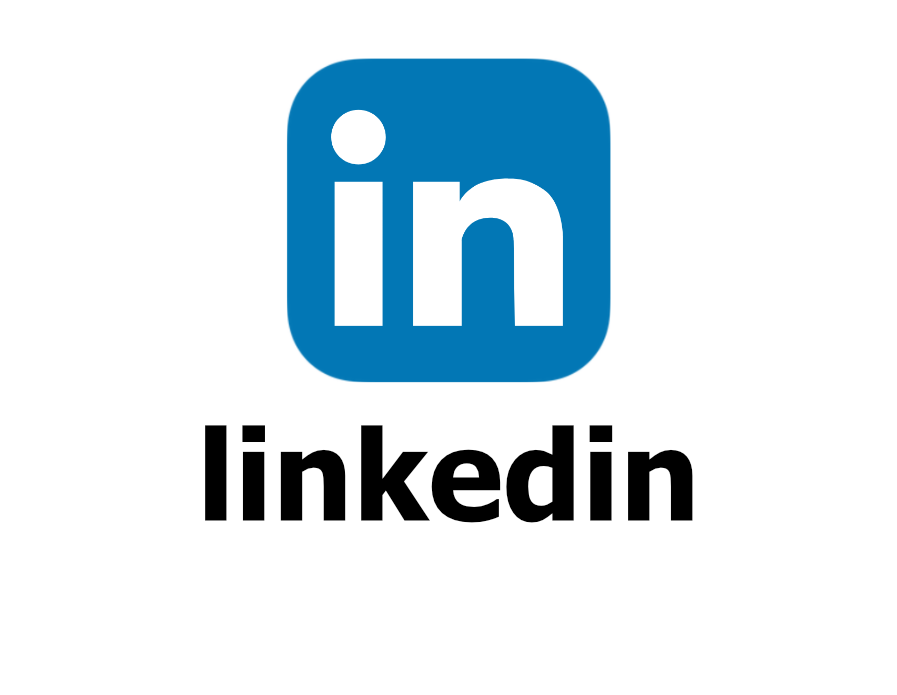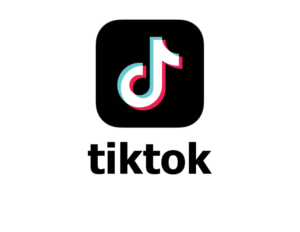The LGBTQ+ community and the disability community intersect in significant ways. Below, you can find articles, books, and other resources on the intersection of Disability and LGBTQ+ issues.
Profiles of LGBTQ+ People with Disabilities
 |
 |
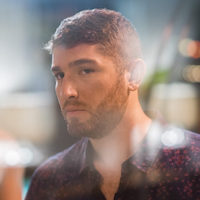 |
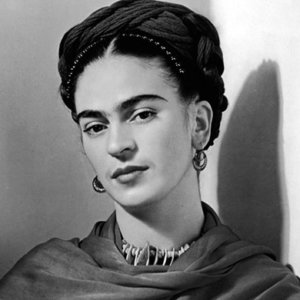 |
| Eric Ascher Gay and on the Autism Spectrum: My Experience Growing Up in the Closet [Read More] |
Justin Chappell Advocate for LGBTQ and Disability Rights Saw Politics as Avenue for Change [Read More] |
Josh Feldman Deaf Gay Trailblazer in Hollywood Discusses the Importance of Representation [Read More] |
Frida Kahlo Role Model for Artists, People with Disabilities and Bisexual Women [Read More] |
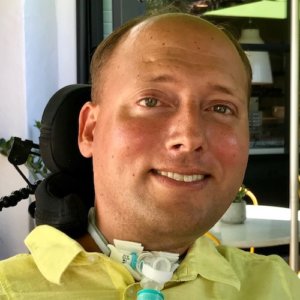 |
 |
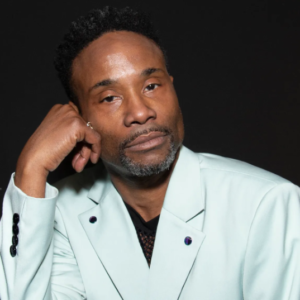 |
 |
| Lenny Larsen Globetrotting Entertainment Executive Refused To Be Defined By His Disability [Read More] |
Ryan O’Connell Special Creator Breaks New Ground for Disability and LGBTQ+ Representation [Read More] |
Billy Porter Award-Winning Actor Shatters Stigmas Around HIV [Read More] |
Ben Spangenberg Having a Visible Disability While Coming Out as Gay [Read More] |
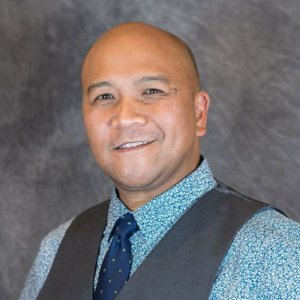 |
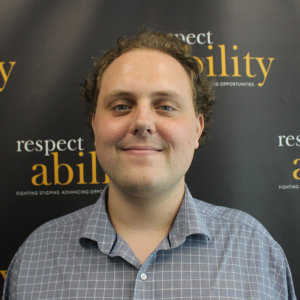 |
 |
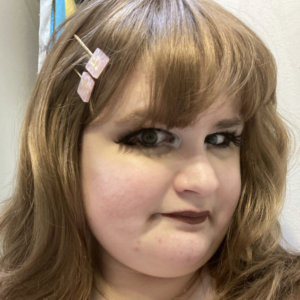 |
| Wally Tablit Power, Practice, and Pride [Read More] |
Daniel A Reflection on Truth and Acceptance: When Fear Finds a Home [Read More] |
Kelley Queer, Quarantined, and Quitting [Read More] |
Leah The Need for Safe Refuges [Read More] |
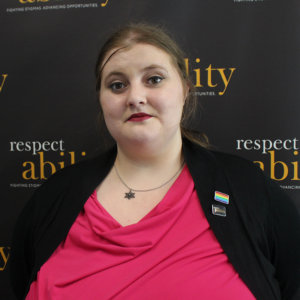 |
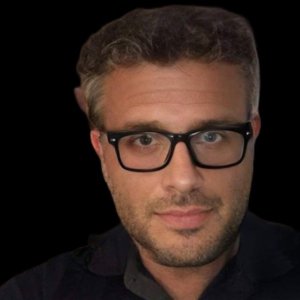 |
||
| Lily Learning About Myself and Coming Into My Own [Read More] |
Riccardo Pride Lives Within Me [Read More] |
Articles
- Toward a Crip-of-Color Critique – “Jina B Kim elaborates upon a crip-of-color critique, which has possibilities to both criticize structures that inherently devalue humans and to take action to work toward justice. Kim’s final call is to identify and act against the inequalities and harm of academic labor, urging readers to take seriously a ‘politics of refusal’ that might help academics of color survive through alternative collectivities.
- Health Disparities at the Intersection of Disability and Gender Identity – This literature review “examines the known research on health disparities at the intersection of disability and gender identity.”
- Navigating the Twists and Turns of Healthcare as a Trans Disabled Person – “What’s it like to be trans and disabled wile navigating the health care system? Many transgender people struggle with issues like provider discrimination, harassment, and denial of care, while disabled people experience their own share of health care discrimination. In combination, this oppression in the health care system can be dangerous.”
- I’m a Black, Trans, Disabled Model — And I Just Got Signed to a Major Agency – Aaron Philip writes on being signed to Elite NYC as a Black trans model with cerebral palsy, and her dreams for the future of fashion.
- Disabilityqueer: Federal Disability Rights Protection for Transgender People – This article by Kevin M. Barry argues that the ADA’s definition of disability should be amended to provide federal disability rights protection for transgender people.
- Intersectional Resistance and Law Reform – What does intersectional resistance look like on the ground, and what is its relationship to law? In this essay, Dean Spade examines some of the key concepts and questions that contemporary anticolonial, antiracist, feminist resistance employs and argue that the demands emerging from it bring not only the United States but the nation-state form itself into crisis.
Books
- Captive Genders: Trans Embodiment and the Prison Industrial Complex – Pathologized, terrorized, and confined, trans/gender non-conforming and queer folks have always struggled against the prison industrial complex. Eric A. Stanley and Nat Smith bring together current and former prisoners, activists, and academics for a new understanding of how race, gender, ability, and sexuality are lived under the crushing weight of captivity.
- Crip Theory: Cultural Signs of Queerness and Disability – Crip Theory attends to the contemporary cultures of disability and queerness that are coming out all over. Both disability studies and queer theory are centrally concerned with how bodies, pleasures, and identities are represented as “normal” or as abject, but Crip Theory is the first book to analyze thoroughly the ways in which these interdisciplinary fields inform each other.
- Feminist, Queer, Crip – In Feminist, Queer, Crip Alison Kafer imagines a different future for disability and disabled bodies. Challenging the ways in which ideas about the future and time have been deployed in the service of compulsory able-bodiedness and able-mindedness, Kafer rejects the idea of disability as a pre-determined limit. She juxtaposes theories, movements, and identities such as environmental justice, reproductive justice, cyborg theory, transgender politics, and disability that are typically discussed in isolation and envisions new possibilities for crip futures and feminist/queer/crip alliances. This bold book goes against the grain of normalization and promotes a political framework for a more just world.
- Normal Life: Administrative Violence, Critical Trans Politics and The Limits of Law – In Normal Life, Dean Spade presents revelatory critiques of the legal equality framework for social change, and points to examples of transformative grassroots trans activism that is raising demands that go beyond traditional civil rights reforms.
- Black on Both Sides: A Racial History of Trans Identity – In Black on Both Sides, C. Riley Snorton identifies multiple intersections between blackness and transness from the mid-nineteenth century to present-day anti-black and anti-trans legislation and violence.
Resources from National LGBTQ+ Organizations
- GLAAD’s Where We Are on TV Report 2021 – GLAAD’s annual Where We Are on TV report analyzes the overall diversity of primetime scripted series regulars on broadcast networks and looks at the number of LGBTQ characters on cable networks and streaming services. The report also covers representation of other minority groups on TV, including people with disabilities.
- Human Rights Campaign – “Through research, educational efforts and outreach, HRC encourages lesbian, gay, bisexual, transgender and queer Americans to live their lives openly and seeks to change the hearts and minds of Americans to the side of equality.”
- PFLAG National – “For over four decades, PFLAG has provided support to families and allies who are in need, through peer-to-peer meetings, online outreach, and telephone hotlines. PFLAG National also offers a huge variety of resources and programs that provide support for those in need.”
- The Trevor Project – “Founded in 1998 by the creators of the Academy Award®-winning short film TREVOR, The Trevor Project is the leading national organization providing crisis intervention and suicide prevention services to lesbian, gay, bisexual, transgender, queer & questioning (LGBTQ) young people under 25.
Do you know other people or nonprofit organizations that should be included as a resource?
Contact our Senior Communications Associate, Eric Ascher, at EricA@RespectAbility.org.
More Resources You Can Use
- Webinars
- Disability Training and Consulting Bureau
- African Americans
- Asian Americans and Pacific Islanders
- Communications, Marketing, and Advertising
- COVID-19
- Education
- Employers
- Ending the School-to-Prison Pipeline
- Entertainment Professionals
- Equity and Inclusion
- Faith Inclusion
- Hispanic and Latinx
- Inclusive Philanthropy
- Job Seekers/Entrepreneurship
- Policy Makers
- Sex Education
- Spinal Cord Injuries
- Statistics
- Veterans
- Women




